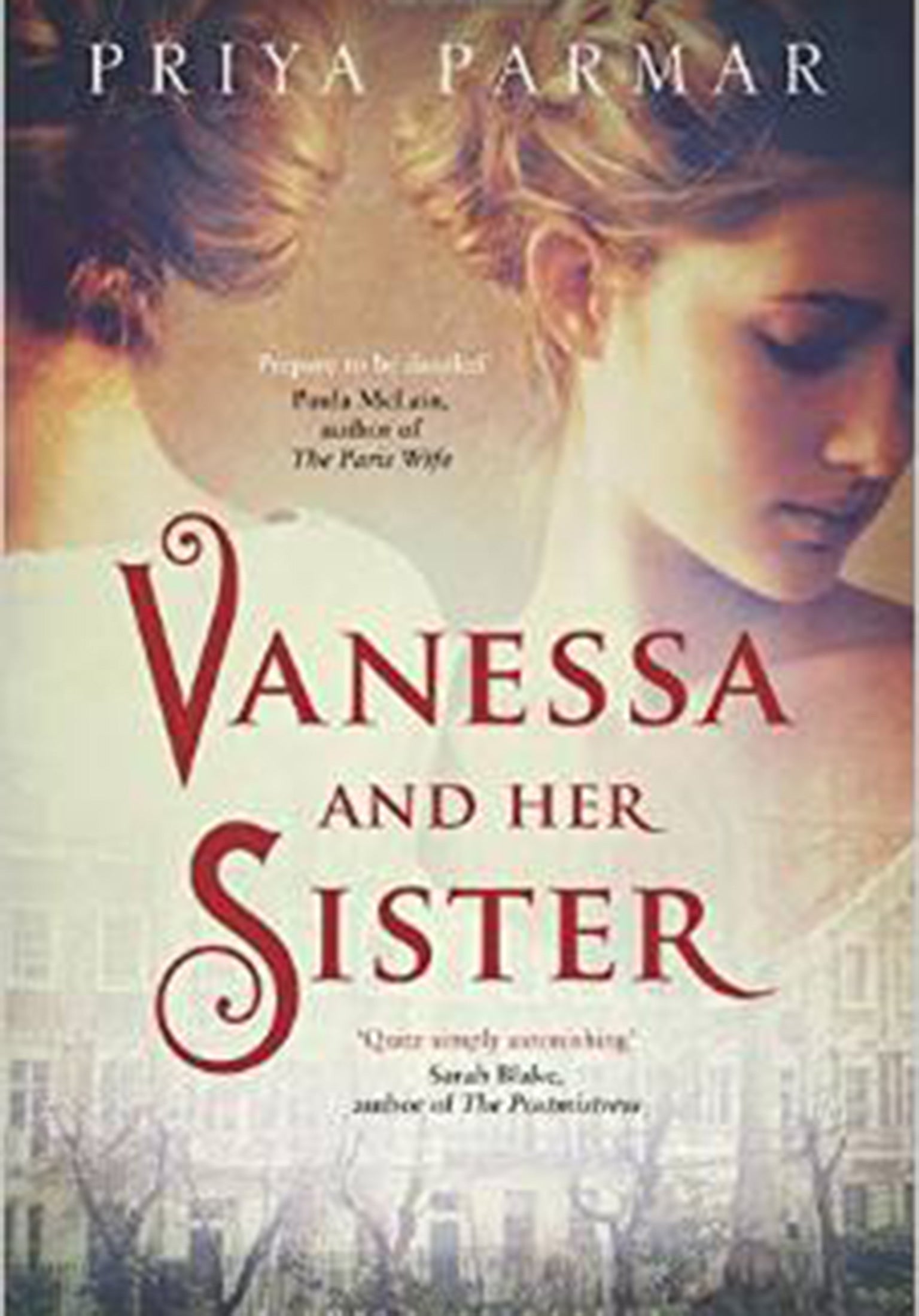Vanessa and Her Sister by Priya Parmar, book review: Overshadowed sibling given a voice
A fresh perspective on a story that’s already become legend

Married to the philandering Clive Bell, with whom she had two sons, Julian and Quentin; lover of the esteemed art critic Roger Fry; then of Duncan Grant (ex-lover of both the historian Lytton Strachey, and Vanessa’s own brother Adrian) with whom she had a daughter, Angelica; and beloved sister of Virginia Woolf – the artist Vanessa Bell, née Stephen, is most often defined by her relationships with others. Even after her death, Angelica’s warts-and-all memoir, Deceived with Kindness, presented the world with a particular image of her mother. Priya Parmar’s Vanessa and Her Sister, however, draws a richly compelling and extraordinarily sympathetic portrait of a woman struggling to extricate herself from her sister’s loving but desperate clutches, and live, for want of a better phrase, a life of her own.
Vanessa and Her Sister begins Mrs Dalloway-style with a party – one of the informal salon-like Thursday evening gatherings held by the Stephens at their Gordon Square home. It is 1905, a year after they (the two as yet unmarried sisters and their brothers Thoby and Adrian) moved from respectable Kensington to the “bohemian hinterland” of Bloomsbury; a suitable setting for their equally progressive and shocking lifestyles: “Mixing company, throwing out customs, using first names, waiting to marry, ignoring the rules, and choosing what to care about.” Their guests are the boys’ Cambridge friends – Clive Bell, EM Forster and Lytton Strachey to name but a few – with whom the women can hold their own, especially Virginia.
Parmar’s heroine is a woman much admired by these men – “Vanessa is an ocean of majestic calm even if she does not know it,” writes Strachey to his old friend Leonard Woolf, then a cadet in the Colonial Civil Service serving in Ceylon. But she knows the value of her art in the Stephen household: “Painting does not qualify as work in this family of literati. Work is not work where words are not involved.” Nevertheless, Parmar has her Vanessa tell the story of her tumultuous relationship with Virginia, her marriage to Clive, and early motherhood through diary entries. It’s a device that works astonishingly well, each voice is real and fully realised, but Vanessa’s is resplendent.
Parmar certainly isn’t the first to dramatise the entanglements of the Bloomsbury Group, but in situating Vanessa, rather than Virginia – who actually comes across as awkward, conniving and extremely unlikable – at the heart of it, she offers a fresh perspective on a story that’s already become legend.
Order for £11.69 (free p&p) from the Independent Bookshop: 08430 600 030
Subscribe to Independent Premium to bookmark this article
Want to bookmark your favourite articles and stories to read or reference later? Start your Independent Premium subscription today.

Join our commenting forum
Join thought-provoking conversations, follow other Independent readers and see their replies